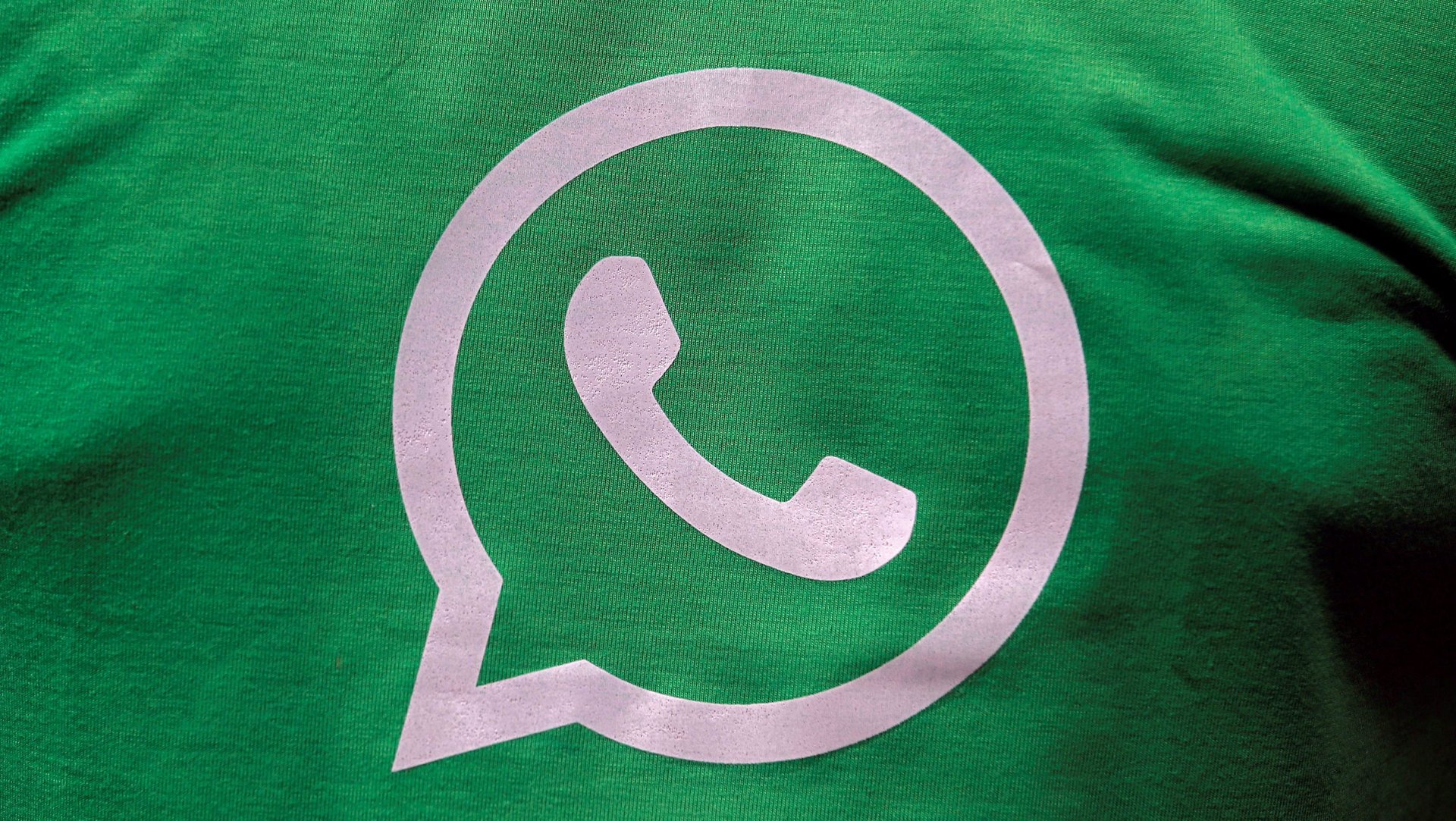The distraction of fake news and WhatsApp for the African media business
The last decade has been a trying time in journalism. Media organizations large and small around the world have faced the existential threat of a shifting business model as traditional models were upended by digital distribution.


The last decade has been a trying time in journalism. Media organizations large and small around the world have faced the existential threat of a shifting business model as traditional models were upended by digital distribution.
African media houses face many of the same challenges. Though print still has plenty of life left in some African countries, those businesses are vulnerable to government influence and economic headwinds. Digital offers an opportunity to be nimble and innovative but no one pretends they have all the answers in such a fast-changing environment.
Over the past two years, an additional distraction has come into view: the debate over “fake news.” The term went mainstream in the US with the repeated assertions of Donald Trump and soon traveled across many African countries. A study this month by University of Cape Town’s Herman Wasserman and University of Houston’s Dani Madrid-Morales highlights the scale of the problem in Kenya, Nigeria and South Africa and compared it with what a Pew Research poll showed in the US. The study found people in those African countries believed they were more frequently exposed to “fake news” than the Americans did.
It’s worth noting “fake news” in itself is not new in Africa. In the recent past, disinformation might have been spread by powerful, politically motivated press barons. Now digital media has made it much more efficient to disseminate false information, by almost anyone, particularly on social platforms.
While much of the focus in the US has been on Facebook, in Africa and other developing regions, the company’s WhatsApp platform is the much bigger problem, as we’ve noted before. On a panel this week at Bloomberg’s Africa Business Media Innovators forum in Livingstone, Zambia, Jocelyne Muhutu-Remy, Facebook’s strategic media partnerships lead, was clear that even with the company’s many other challenges, WhatsApp is high on the agenda: “At Facebook, we talk about this every day,” she said in response to a question on WhatsApp. “What makes it so compelling, [end to end encryption], is also its key weakness. We don’t have access to the content at all. We have not fully found a way to crack that problem.”
Cracking that problem will become more pressing. As elections approach in the first half of 2019 for some of the developing world’s biggest democracies, Nigeria, South Africa and India—all big WhatsApp-usage countries—there’ll likely be a spike in the sharing of disinformation and misinformation.